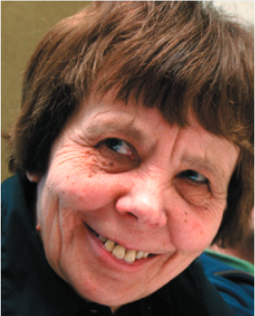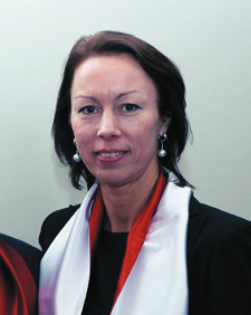Teacher Training Perspectives – Current Situation and Challenges
Estonia might lose its edge in education, which in turn would affect the competitiveness of the country, if no rapid and fundamental changes are made in the situation of teachers.
The most worrisome is the fact that teacher training is an unpopular choice and there is no competition to fil the student places for subject teachers in universities, while those who do choose it rarely do it as their fist choice. Teacher training seldom attracts those who were among the best graduates or the most brilliant academically. Our labour market for teachers is out of balance – a large number of basic school teachers are forced to accept a smaller work load than they would like, yet nearly half of the teachers work in schools where the directors feel that the school lacks good, highly qualifid teachers. Teachers in Estonia tend to be older and female. And although the Estonian teachers might have certain objective reasons for being happy with their working conditions, such as the relatively short school year, small schools and classes, more or less homogeneous study environment in the cultural-linguistic sense, and fairly good opportunities for professional training, this is not enough to attract smart and bright young people to work in schools. Many issues cannot be solved within the fild of education alone. There are many excellent examples of schools having tried to make teaching interesting by proposing and applying ideas for making teaching more creative, shape a student friendly and learning friendly environment, support the professional development of teachers, tighten cooperation between teachers, etc. Lots of energy has been spent and efforts made to improve, hone and promote the professional standard of teachers. Great hopes have been placed on improving the quality of basic and additional training for teachers. All this is important, indeed very important, but the current problem does not lie there.
The future prospects of the Estonian education suffer the most due to the ageing of the teachers and the fact that talented young people do not want to become teachers and do not join teacher training programmes. This problem cannot be solved by universities alone, no matter how much thought they put into their curricula or the results they expect, and no matter how flxible and accessible they make their teacher training programmes. The problem is also not solved by administrative means, such as creating certain units in the central authorities or agencies that regulate and direct education.
The problems surrounding teachers must be approached systematically, through a non-declarative cooperation between the state, schools, universities and other parties, but under an expert and purposeful guidance of the state. We must conduct an indepth analysis of the resources available in the fild of education by asking questions regarding teaching jobs, support systems and, for example, education bureaucracy, as well.


